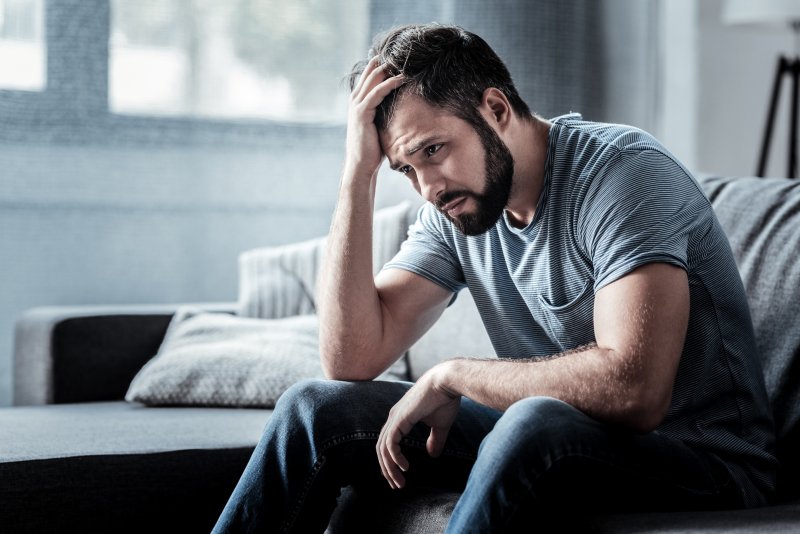
Even after years of research, advocacy, and awareness, issues related to mental health continue to carry a stigma, causing many people to forgo treatment. With countless triggers readily attacking a person’s cognitive well-being, depression remains one of the most predominant problems, especially among those who suffer from sleep apnea. If you are wondering what you can do to improve your mood, quality of life, and ability to achieve essential rest, keep reading.
How is Depression Linked to Sleep Apnea?
It might seem as if a lack of sleep only negatively affects your physical health. While you may be unable to complete your work each day because of chronic fatigue, you will begin to notice that your inability to stay awake isn’t the only problem.
Depression is one of the most common symptoms among those living with sleep apnea. In 2018, researchers discovered that nearly 35 percent of all individuals who have obstructive sleep apnea (OSA) also experienced signs of depression.
However, the cause and effect between the two goes both ways. If you have one, there’s a higher probability that you will suffer from the other. Why? When you have sleep apnea, you may find it hard to stay asleep because of obstructed breathing. Over time, this can impact your professional and personal life, leading to a decline in mental health.
When you are depressed, you may find it harder to fall asleep (insomnia), resulting in the same form of chronic fatigue that negatively affects your daily life and overall health.
What Can You Do to Improve Your Symptoms?
If you begin to notice that your work and/or personal relationships are suffering, or you begin to feel sad or hopeless about your situation, seek help as soon as you can. Seeing a sleep dentist in McKinney can ensure you get the appropriate treatment to not only improve your nightly rest and airway breathing but also reduce feelings of depression over time.
This may include talking to a trusted professional who can provide a formal sleep apnea diagnosis and recommend CPAP therapy or oral appliance treatment. No matter which one you receive, the opportunity to get better rest will drastically improve your physical, mental, and emotional health.
You can also manage your depression by talking with a professional counselor, exercising, limiting your alcohol consumption, and avoiding sleeping pills.
Neither depression nor sleep apnea have to dominate your life. Take the necessary steps today to find a professional who can help you take back your overall health once and for all.
About the Practice
Our team at Star Sleep & Wellness in McKinney is here to help you overcome the struggles that come with sleep apnea. When faced with depression or other similar mental health issues, our experts can discuss your symptoms and prepare a plan that not only helps you to breathe better but also improves your mood and well-being. Contact us to schedule an appointment if you have questions about sleep apnea treatment.
